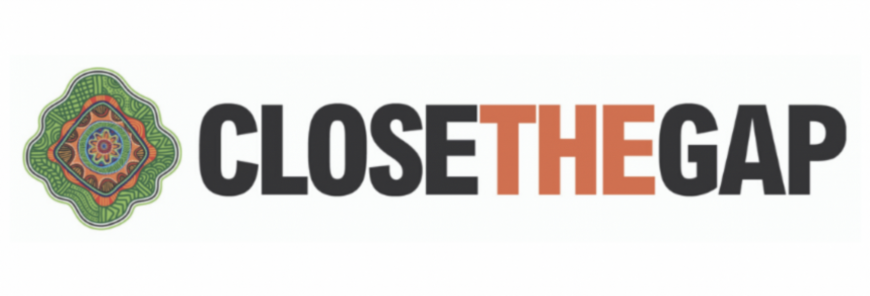CLOSE THE GAP: New report a wake-up call for all Australians

Governments across Australia must urgently redouble their efforts to address Aboriginal and Torres Strait Islander inequality, the Close the Gap campaign says, following the release of disappointing new data on the National Agreement on Closing the Gap.
This week’s release of the first annual data report by the Productivity Commission revealed that the central commitment to close the life expectancy gap for First Nations people by 2031 was not on track to be met.
The report also showed increased rates of Aboriginal and Torres Strait Islander people in prisons and out-of-home care, and increased rates of suicide.
Close the Gap Campaign Co-Chair, Aboriginal and Torres Strait Islander Social Justice Commissioner June Oscar AO, said the Productivity Commission’s new annual data report was an important tool in tracking progress against the Closing the Gap targets, and in keeping governments accountable on responding to community needs.
"Throughout the COVID-19 pandemic we’ve seen how our current systems and ways of working entrench inequality and fail far too many of our peoples," Commissioner Oscar said.
"This year’s report lays bare that where we are at is not good enough, and we must do better. Critically, additional needs-based funding is an essential requirement of implementation plans or we will continue to fail," she said.
"The Close the Gap Campaign will be monitoring all levels of government closely to see how they are meeting their jurisdictional commitments to close the gap."
The National Agreement on Closing the Gap identifies four priority reform areas and 17 socioeconomic outcomes that are critical to addressing the devastating and ongoing legacy of colonialism and marginalisation of Aboriginal and Torres Strait Islander peoples.
Yet a year on from the new Agreement, an implementation plan was still to be released by the Australian Government.
